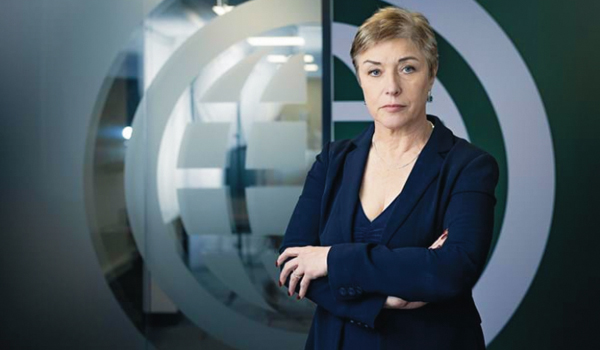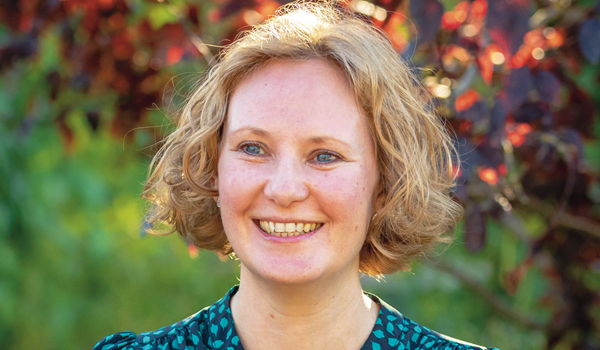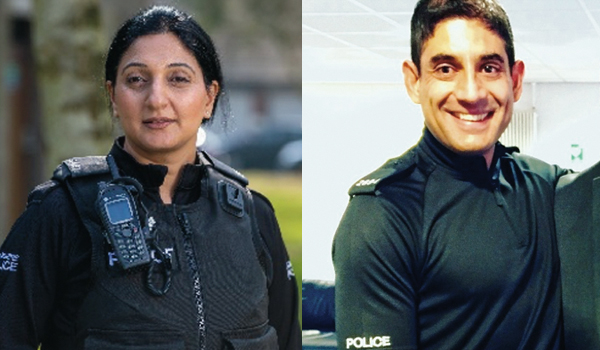Disrupting child sexual abuse is everybody’s business
Moderate estimates suggest that at least one in ten children and young people in England and Wales will experience some form of sexual abuse before the age of 16. The National Crime Agency (2001) estimates that between 550,000 and 850,000 individuals in the UK present “varying degrees of sexual risk to children”.
Sadly, while we are aware that there are a worrying number of children currently being harmed or at risk, the reality is that most child sexual abuse is never reported to, or discovered by, police or any other statutory agencies. Disruption methods available to policing present a powerful opportunity for combatting this crime; swiftly interrupting contact between a suspect and a child and helping to stop further abuse in the longer term.
At the Centre of expertise on child sexual abuse (CSA Centre) our aim is to reduce the impact of child sexual abuse through improved prevention and better response. We recently published a report exploring police perspectives on the disruption of child sexual abuse, based on an online survey to frontline police officers and staff across 32 police force areas in England and Wales, and strategic leads across 20 forces. While this revealed some challenges to overcome, it also showed plenty of scope for increasing and improving disruption activities.
Frontline officers and strategic leads reported finding some measures particularly effective in disrupting child sexual abuse, in particular civil orders (including child abduction warning notices, sexual risk orders, sexual harm prevention orders) and police powers of protection. Automatic numberplate recognition, tags and markers, business-related disruption strategies, community interventions (including targeting of ‘hotspots’ and awareness-raising campaigns) and maintaining contact with victims were also highlighted as effective in supporting disruption. In addition, online searches, infiltrating online spaces and seizing/scrutinising mobile phones and other devices were thought particularly effective online disruption measures.
But of course, police across all levels also identified challenges. Some frontline officers felt that the approach to tackling child sexual abuse had become too reactive, and that not enough value was being placed on disrupting child sexual abuse. All levels of respondents emphasised the need for greater prioritisation of child sexual abuse and, of course, greater resources. The investment felt to be needed to effectively support the disruption of child sexual abuse, was, to some, simply not possible in the time available.
And worryingly, more than one quarter of respondents to our survey had received no specific training on child sexual abuse at all, and many frontline personnel subsequently felt they lacked the necessary knowledge, training and guidance to effectively support the disruption of child sexual abuse.
Disruption is already integral to the Pursue arm of the National Child Sexual Exploitation Action Plan to help target offenders and protect children, within the broader ‘Prepare, Prevent, Protect, Pursue’ approach to tackling all forms of serious and organised crime. It is also a key focus in the Government’s Tackling Child Sexual Abuse Strategy, but it is important that police are supported to feel able to embed these methods and actions into their current role. Our report highlights a number of tactical actions which can be quickly implemented, including:
- Prioritising child sexual abuse in daily tasking;
- Maintaining current and relevant problem profiles;
- Encouraging frontline officers to consider child sexual abuse as a potential issue when attending other offences;
- Keeping information accessible and sharing it between teams;
- Managing civil and criminal orders and notices effectively – where they are stored, who should be informed about them, who is responsible for monitoring adherence to them, and how breaches of them are communicated; and
- Working with other agencies, whenever possible.
But disruption should not – and cannot – be an added extra in relation to policing responses. It must be everyone’s business. Police officers play a hugely important role in helping to keep children safe from harm, and disruption activity can and does play a vital role in helping them to swiftly stop abuse and prevent further harm in the longer term. This crucial work would be significantly enhanced by a stronger strategic focus on disruption as part of a greater overall prioritisation of child sexual abuse, alongside concerted activity to give police officers the knowledge, skills and confidence to spot the signs and indicators of child sexual abuse and intervene and protect more children.
Read the full report here: http://www.csacentre.org.uk/our-research/perpetration/police-disruption/
Ian Dean, Director, Centre of expertise on child sexual abuse






